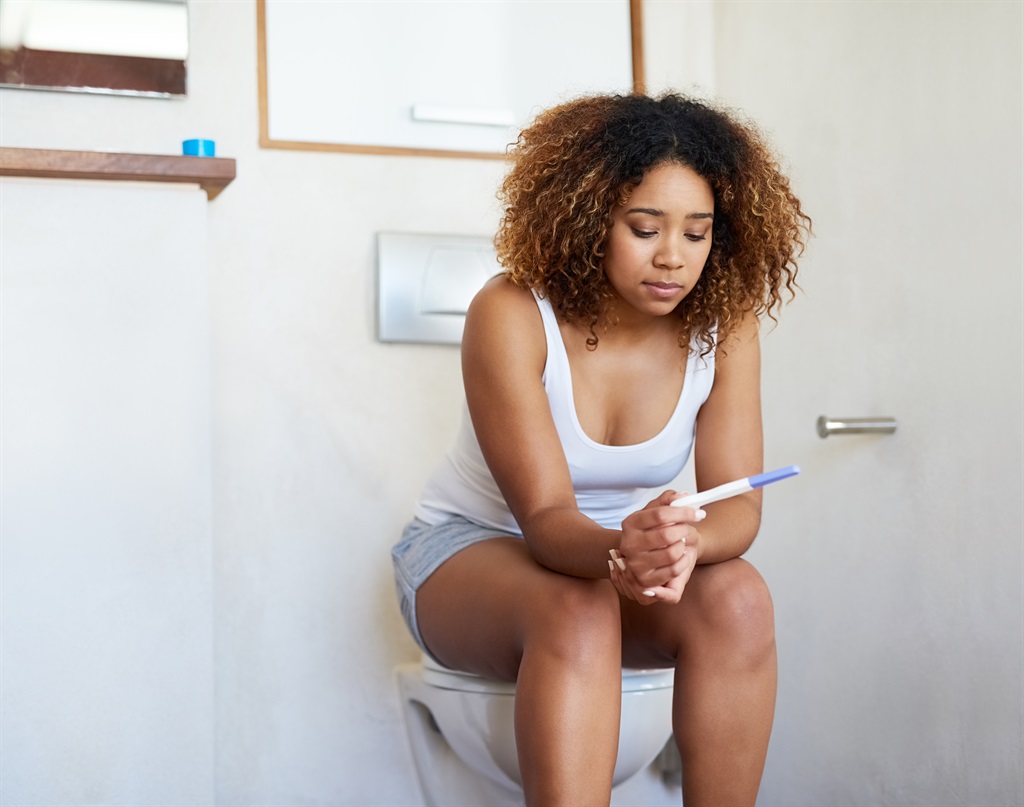Powerful birth control medical discovery is one of the extraordinary clinical advances that have permitted ladies of age to assume responsibility for their fates. Since the pill was presented in the UK in 1961, ladies have the freedom to appreciate a degree of individual flexibility that our grandmas never knew. Birth control can temporarily cause barrenness: that is the thing that they are intended for! That sort of elective, impermanent insurance from compulsory pregnancy isn’t our opinion about barrenness. But can birth control make you infertile?
Similarly, as ladies need dependable contraception at specific occasions, we additionally need consolation that, when the opportunity arrives to go after pregnancy, there won’t be a reaction from past contraception. So can birth control cause infertility? Fortunately, it doesn’t, yet various kinds of conception prevention can cause a little fertility delay.
Types of birth control and infertility
We all realize that if you quit utilizing an obstruction technique for birth control like condoms or a diaphragm, you can get pregnant immediately you stop using them. Vast majority of questions and concerns are centered around the impacts of hormonal contraceptives, regardless of whether these are a pill, an embed/implant or, an injection.
It is a fact that some techniques of birth control take time, even months before the person can return back to fertility point. This might be the most likely reason why some set of people believed that birth control can cause infertility. Can birth control make you infertile?

How are the main birth control techniques analyzed?
- The Combination/blend pill. This is one that contains both progesterone and estrogen. It works by forestalling ovulation as well as thickening the mucus fluid at the neck of the womb and diminishing the coating of the inner membrane thereby preventing ovulation and making the implantation of anything not to occur.
As indicated by NHS, it is 99% successful when taken effectively. At the point when you quit taking it, your cycles ought to have returned to normalcy, but in some cases, for certain ladies, it can take more time to recuperate their normal cycles. The NHS suggests that you permit yourself three months for a good menstrual period restoration.
- The ‘scaled-down pill’. This prophylactic method has a comparable impact, diminishing the uterus lining and forestalling ovulation. When you quit taking it, the coating of the womb begins to thicken again and cycles restore. Additionally, some ladies recuperate their menstrual cycles at the time of dropping the pill yet in certain circumstances, this time frame could be longer.
- Hormonal or Copper IUD. IUDs generally need to be performed by an experienced gynecologist/obstetrician, especially the insertion of copper IUD. This is because if not done accurately, it has a mechanical impact, making the implantation more troublesome. The hormonal IUD allows progesterone to thicken the cervical mucus and make the womb lining more slender. In the two cases, cyclic menses ought to be re-established within a month of stoppage time. Because the hormone level in the body decreases with time, the hormonal IUD could require as long as a quarter of a year for the period to get back to normal as usual.
- The vaginal ring and contraceptive patch. Both types of these birth control techniques work in a way similar to the pills and their main function is preventing or inhibiting female fertility hormones from being active. And all the proof to date recommends that they are very effective if they are fixed properly and that periods return to normal at the time of stoppage within three months.
- The prophylactic injection. The ‘shot’ is most popular among the educated ladies, and it goes under trademarks of Depo-Provera. The injection is administered at regular intervals of three months, depending on what the patient wants to achieve. And it is particularly useful for ladies who would prefer not to be wasting time taking pills every day. The side effect according to usage, leads to weight gain with time. Menstrual cycle restoration takes a long time if the injection has been administered over a long period. That is why it is less utilized among ladies that might want to get pregnant soon.
A prevalent view is that birth control can have long-time impacts on fertility. This isn’t correct. Research shows that ladies who had been using birth control for a very long time, and after stopping birth control, 21% of these ladies had the option to get pregnant inside the principal month, and practically 80% had the option achieved within a year. So there are no scientific reasons that prove that birth control prevent fertility?